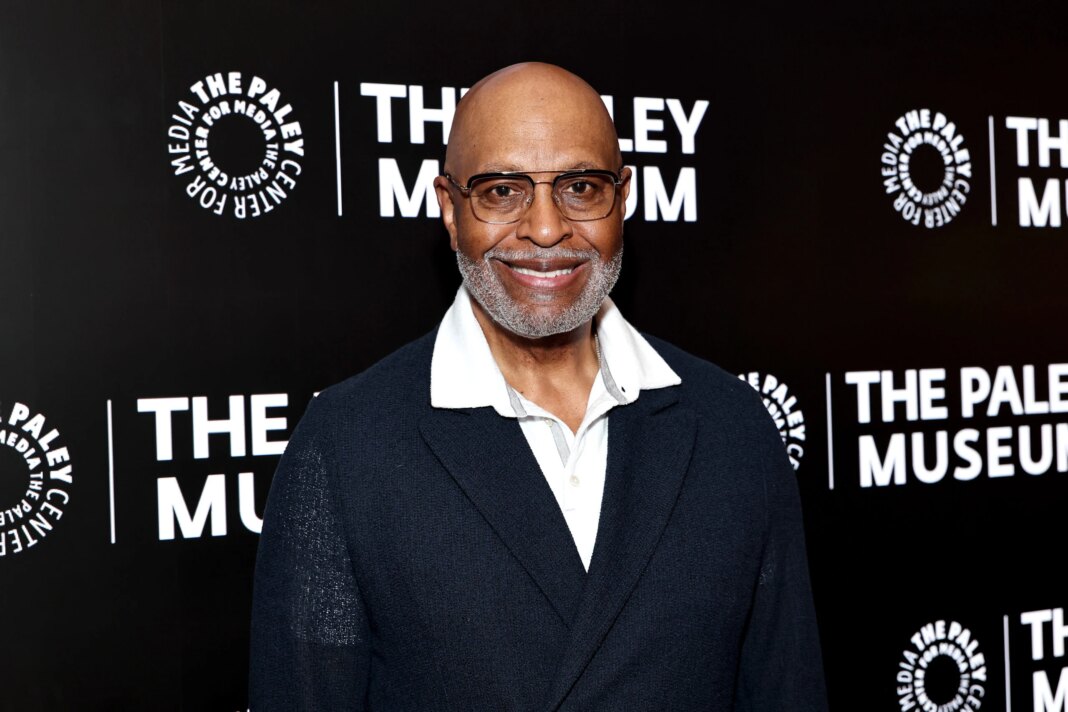James Pickens Jr. has become a household name since he first graced our screens as Dr. Richard Webber on “Grey’s Anatomy” in 2005. Over the years, he has portrayed a character beloved by many, but recently, he made a startling personal revelation that has captivated the audience both on and off the screen.
At 71 years old, Pickens disclosed that he has been diagnosed with prostate cancer, a condition that has touched his family deeply. “It’s not the kind of news anyone wants to hear,” he shared candidly with Black Health Matters. “Prostate cancer has run through my family.” His familial history adds a layer of understanding to his diagnosis, as he noted that not only his father but many of his uncles have faced similar battles.
Statistics from the Prostate Cancer Foundation reveal that one in six Black men will develop prostate cancer, making them more than twice as likely to die from the disease compared to their counterparts. Genetics contribute to up to 60% of prostate cancer risk, underscoring the importance of awareness and screening among high-risk populations.
Despite this daunting diagnosis, Pickens maintains an optimistic outlook. He shared that he has numerous family members who have thrived despite similar diagnoses. “I’ve got a 90-year-old first cousin who’s still alive; he had it,” Pickens recounted. “His son has it, and a couple of his brothers had it too. As far as I know, no one has succumbed to it.” This resilience painted a hopeful picture and reflects a broader theme of survival within families facing hereditary health issues.
In a recently aired episode of “Grey’s Anatomy,” Pickens’ character mirrored his real-life experience, revealing to Dr. Miranda Bailey, played by Chandra Wilson, that he has been diagnosed with cancer. This poignant moment connected the actor’s personal narrative to the beloved show, resonating with fans worldwide.
Pickens expressed his gratitude for receiving an early diagnosis, emphasizing the role of regular health checkups in potentially life-saving outcomes. “I started getting my annual physicals 34 years ago,” he explained. “My urologist said it was to my advantage; we caught it early because I was being tested.” This proactive approach highlights the importance of preventive care, especially for those in higher-risk categories.
Opting for a radical prostatectomy, which involves removing part or all of the prostate gland, was Pickens’ chosen route after careful consideration of his condition. “We caught it really early,” he said regarding the medical advice he received. “I do have a rare variant that you don’t see very often, so they wanted to err on the side of caution and keep an eye on it.” This emphasis on caution and meticulous care further underscores the complexity of diagnosing and treating prostate cancer.
Pickens’ diagnosis comes amid a wave of increased awareness of prostate cancer within the Black community. Prominent figures such as D’Angelo, Montell Jordan, Al Roker, Harry Belafonte, and Colin Powell have also brought this conversation to the forefront, helping to destigmatize discussions around men’s health and encourage others to seek regular screenings.



